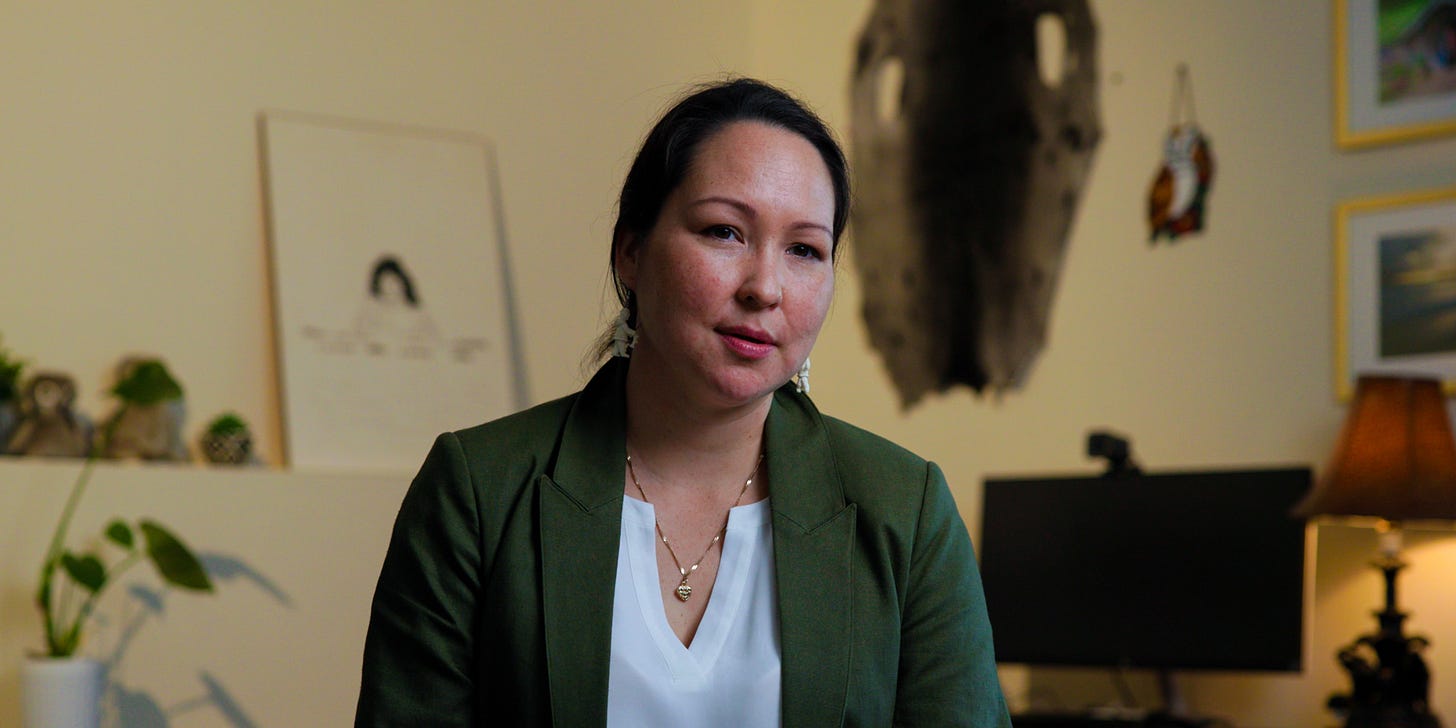Letter: The Conversations Sparked by Orange T-Shirts
Muckpaloo Ipeelie reflects on Orange Shirt Day, the legacy of residential schools, and the importance of learning, healing, and allyship in breaking cycles of intergenerational trauma.
LETTER TO THE EDITOR
My name is Muckpaloo Ipeelie, and I own Urban Inuit Identity Project Inc. in Blue Mountain, where advocacy takes place every day. The journey and new beginnings have unfolded with the love of many community supporters. Still, there is much work to do.
For us now, i…
Keep reading with a 7-day free trial
Subscribe to The Owen Sound Current to keep reading this post and get 7 days of free access to the full post archives.



